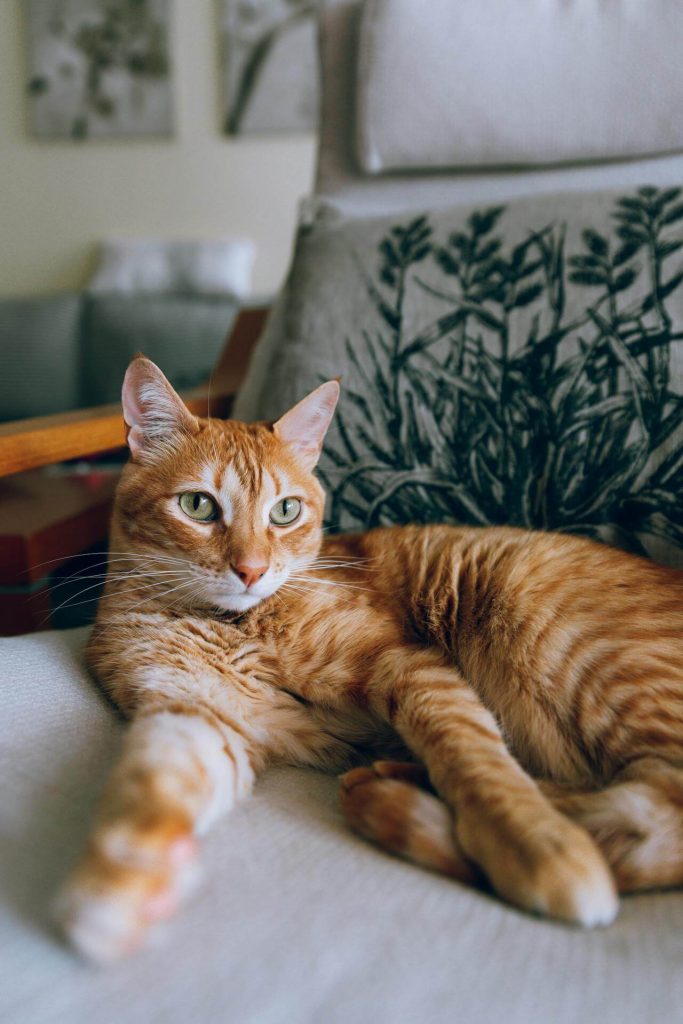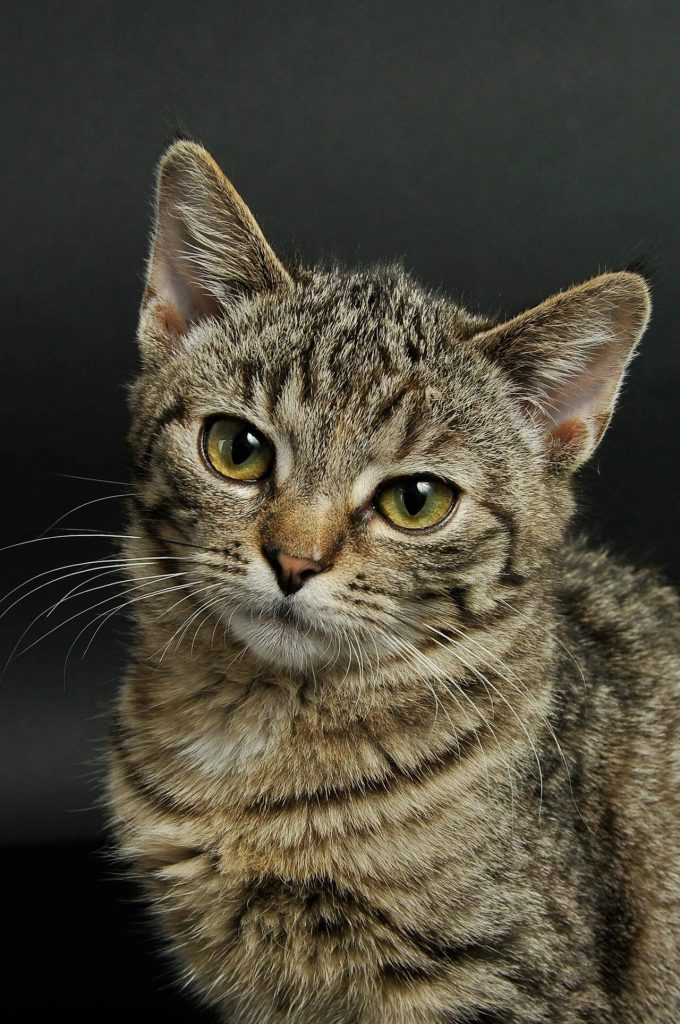Contagious and incurable, feline herpesvirus certainly sounds scary. In reality, the condition is extremely common and, when properly managed, need not impact your cat’s quality of life.
Whether you’ve recently adopted a cat who’s showing signs of upper respiratory illness or you’re simply trying to protect your pet, understanding feline herpesvirus is an important part of keeping your cat healthy. Here’s what pet parents should know.
 What Is Feline Herpesvirus?
What Is Feline Herpesvirus?Feline herpesvirus, or FHV-1, is the virus that causes feline viral rhinotracheitis (FVR), a major contributor to upper respiratory infections in cats.
Once a cat is infected, they typically carry the virus for life. Like the human cold sore virus, FHV-1 mostly lies dormant but can flare up during times of stress or illness. Many cats may appear healthy between flare-ups, with symptoms reappearing only when the immune system is compromised.
While FHV-1 is easily transmitted from one cat to another, it can’t be passed to humans or dogs.
Without preventative care, feline herpesvirus is highly contagious.
It’s often spread through social grooming, when the saliva, mucus, or eye discharge of an infected cat comes into contact with another. Other common routes of transmission are shared water bowls or bedding, as well as airborne droplets from sneezes and coughs.
Shelter kittens who have been living with other cats while their immune systems are still developing are especially at risk. Once infected, a cat remains a carrier and can shed the virus even without obvious symptoms.
Symptoms of FHV-1 can vary in severity, especially during flare-ups. Some of the most common signs include:
If your cat shows any of these signs (especially if they persist or worsen) contact your veterinarian.

Feline herpesvirus is typically diagnosed based on a cat’s history and clinical signs. In some cases, your vet may recommend laboratory testing for confirmation.
While there is no cure for FHV-1, our vet can manage the symptoms, like eye inflammation and dehydration. They may also prescribe antiviral medications to suppress flare-ups and make it less likely that an infected cat will spread feline herpesvirus to others.
Vaccination is your best defense against feline herpesvirus. The FVRCP vaccine can be given to kittens and boosted in adult cats to protect against herpesvirus, calicivirus, and panleukopenia. While the vaccine doesn’t always prevent infection entirely, it can reduce the severity of symptoms and help protect your cat from serious complications.
In addition to preventative care, keeping your cat indoors is a great way to reduce their exposure to strays or cats with unknown vaccination status. Plan to quarantine any new cats or kittens for 10-14 days to monitor for signs of illness before introducing them to resident animals.
Many cats who carry feline herpesvirus live long, happy lives. The key is managing flare-ups and seeking treatment for symptoms as they arise.
Keep feline herpesvirus at bay by
With the right support and veterinary care, cats living with feline herpesvirus can continue to thrive.